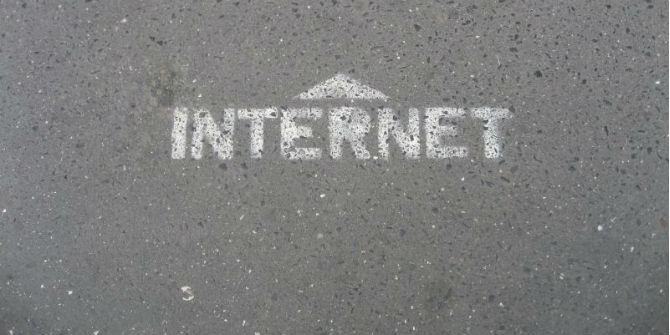November is going to be a hot month in media policy in the UK; but what about elsewhere in Europe? As we discussed previously, there have been some interesting noises coming out of the European Union recently. Not only did the EU agree to fund a new research centre on media pluralism in the European University Institute, it has set up a High Level Group on Media Pluralism and Media Freedom to report in November. A cynic might describe these two policy actions as ‘kicking the ball into the long grass’: an attempt to buy time and appear to act, rather than genuine policy momentum. This could indeed be correct, and the EU has a long history of skirting this issue, but two other initiatives suggest that EU institutional inertia might be avoided. First, the European Forum on Media Pluralism took place in June, which has put some energy behind policy in this area. Video of the forum is here. Second, the European Citizens Initiative on Media Pluralism is gathering signatures in a campaign to demand EU action.
The organisers of the EU forum met in Florence at the end of September to put the finishing touches on a report on the forum which was supported by several political groups within the Parliament. We can expect this report – together with recommendations – to be launched in November.
The European Citizens Initiative was launched back in June. Worryingly for them, in the first three months they had raised only around 1000 signatures of support. (At this rate it could take 20 years to get the million they require to trigger hearings and a communication on a legislative proposal from the Commission.) But the organisers are convinced they have a strategy to deliver larger numbers as their campaign takes off in coming months.
What the EU does will depend not only on political pressure however. Arguably more fundamental is whether the EU has sufficient legal competence on this issue. Does the EU have any powers or obligation to act? A number of treaties and international agreements do create a competence for the EU. For example Article 11(2) of the Charter of Fundamental Rights of the EU states that ‘The freedom and pluralism of the media shall be respected’. But there is a wide gap between this general principle and any action by the EC to create common standards or enforce them.
The current position is not clear. Speaking to the European Forum in July, EC Commissioner Neelie Kroes said:
“In some cases, positive government action can aid media pluralism. For example, sometimes governments can ensure that ownership is not too concentrated, through competition policy. And sometimes, indeed, I find that people do expect public authorities to act. Indeed recent threats to media freedom showed up a very strong general expectation that the Commission can act. But, as it stands, the legal framework won’t let us meet that expectation. One or other needs to adjust. (…) Currently the EU does not have the legal competence to act in this area as part of its normal business. In practice, our role involves naming and shaming countries ad hoc, as issues arise. Year after year I return to this Parliament to deal with a different, often serious, case, in a different Member State. I am quite willing to continue to exercise that political pressure on Member States that risk violating our common values. But there’s merit in a more principled way forward.”
Crucially she added:
“I want to decide a way forward before the end of my mandate. The issue of how to safeguard media freedom and pluralism is complex: it will involve reflection and hard choices: and it’s too important to treat simplistically. But to those who say it’s too complex, too risky, too much of a headache to even think about, I could not disagree more. This is about democracy, it is about freedom, it is about Europe. No cost is too high to secure those aims. No level of commitment too extravagant to ensure the beacon of a free and prosperous European media: one that continues to shine in the twenty-first century”.
It would be hard to claim that this provides a solid basis for initiative by the Commission such as a new Directive on Media Ownership. The EUI research institute is likely to report on the matter of competencies in the next Months, which should go some way to clarifying what the EU can and might do within the existing legal framework. But one area where we can expect some interesting policy development is in the area of media ownership transparency. The argument that citizens should at the very least be able to find out what interests are behind the providers of their news is one that will be hard to argue against, and consumer empowerment and transparency are themes that resonate in Brussels. Recent research shows that the scope for EU action is in fact rather strong in this area. So the coming launch of research and recommendations in this area by the Open Society Foundation – also potentially in November – is likely to create widespread policy traction.



